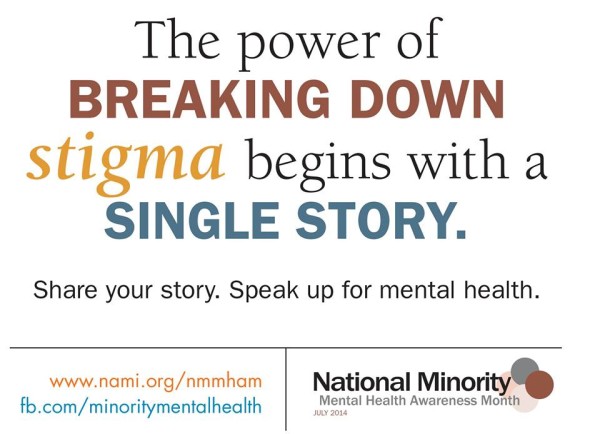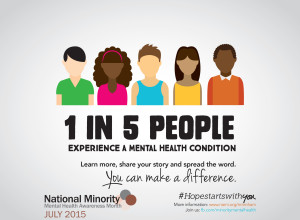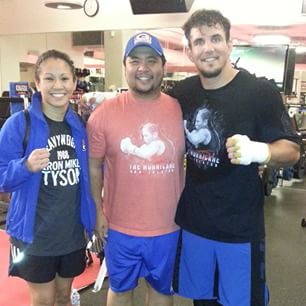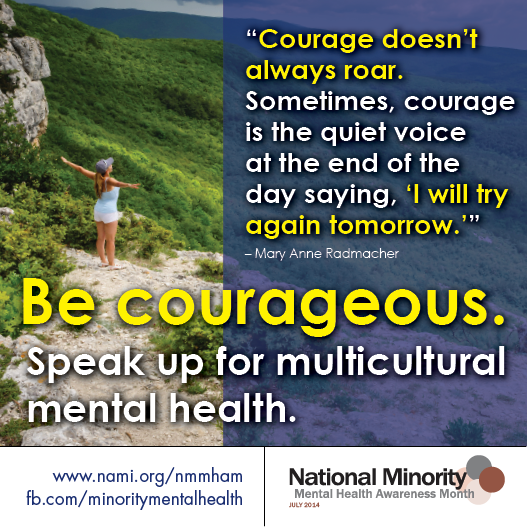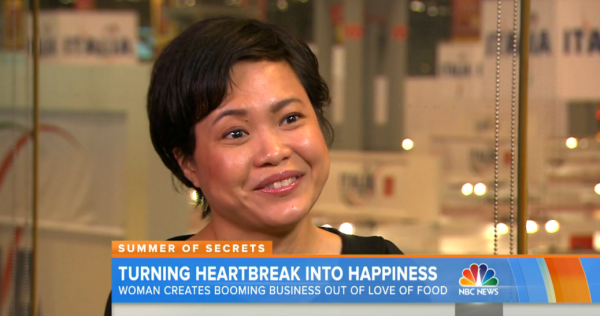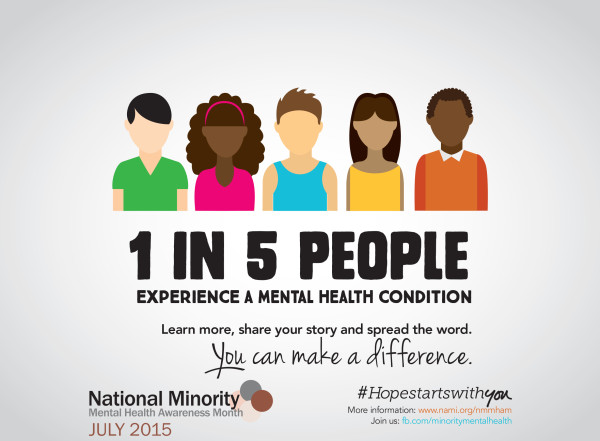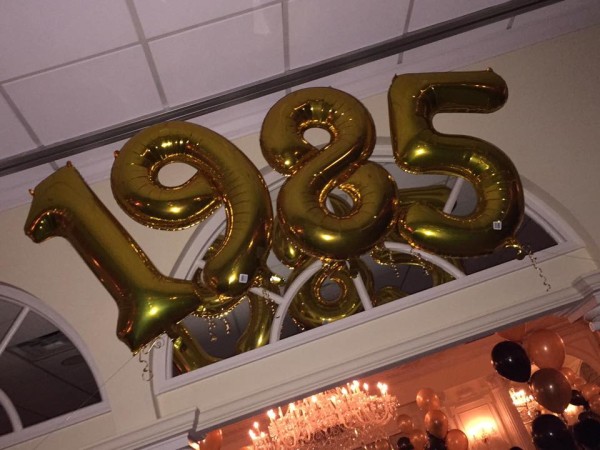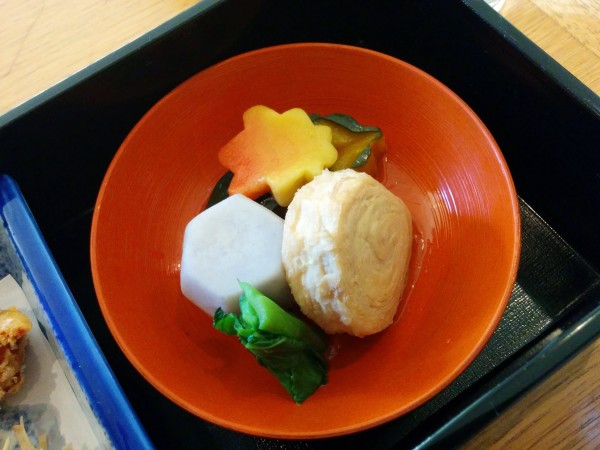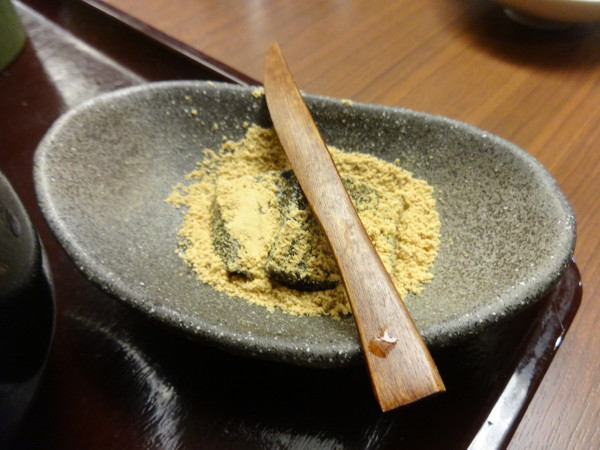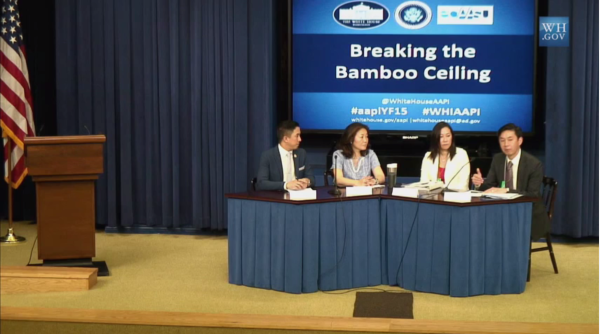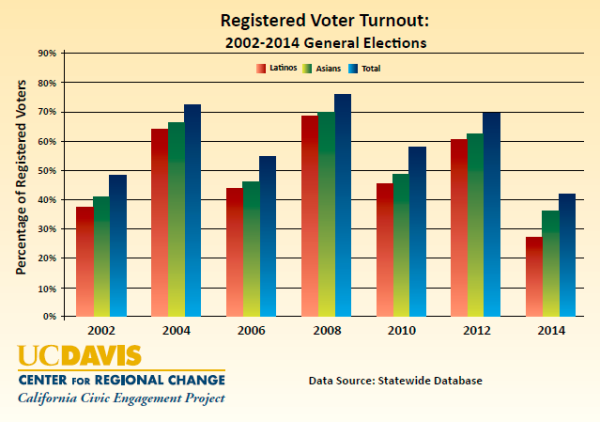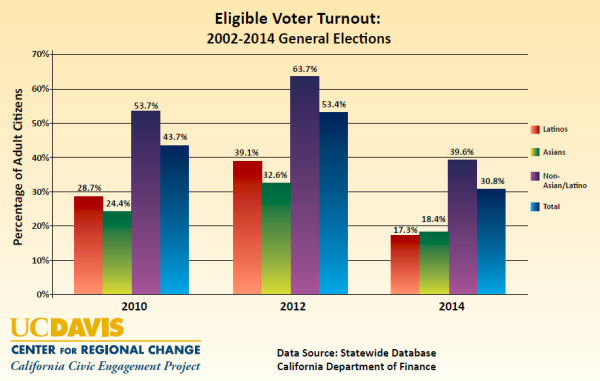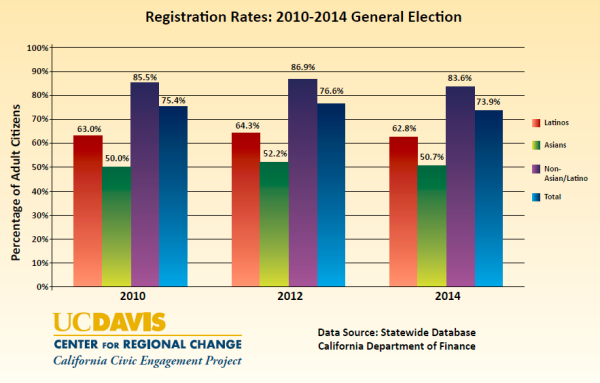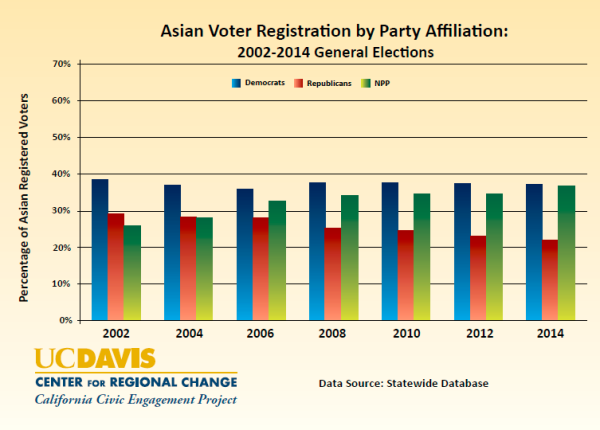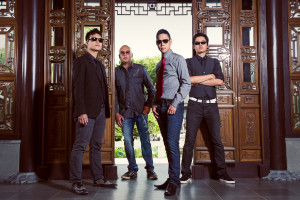 I am not the floodgate of racism that some think I am.
I am not the floodgate of racism that some think I am.
I am not the Pandora’s Box of hate speech that some afraid I’ve turned into.
I am an anti-racist, social justice activist who has been battling in the trenches. My weapon is a bass guitar, not a bullet. I believe in creating meaningful conversation, not shutting down people, especially those with opposing views.
I started an Asian American band called The Slants. These days, we’re probably more known for fighting the government than for fighting stereotypes. But in either case, we’re challenging systemic racism.
In what seemed like a century ago, we filed a simple application for a trademark registration but it turned into an unimaginable legal debacle that has spanned six years, thousands of pages of argument, when the Trademark Office decided that the band name was a racial slur. They said that my intention didn’t matter: my ethnicity provided the context for the common, everyday word to become a racial slur. The logic used by the Trademark Office is troubling: anyone may register a trademark for “Slant” except Asians. We are too Asian. But we aren’t afraid to fire back.
Our justice work has been called empowering, racist, important, shameful. I’ve received death threats from white supremacists and encouragement from activists of all stripes. I’ve thrown into the media spotlight to have my intentions scrutinized under a microscope. I’ve heard more false stories, assumptions, and misquotes about me than I can count.
Most recently, and what has stung the most, was that I received accusations from several Asian American legal groups. There’s a guest blog on Angry Asian Man, which explains the ethical problems that I have with their approach here.
The National Asian Pacific American Bar Association (NAPABA), the South Asian Bar Association of DC (SABA-DC), and Korematsu Center of Seattle University filed a legal brief in full support of the Trademark Office’s action.They believed that it was important to do so because our case “may affect the power of the government to deny or cancel trademarks that contain disparaging content,” which could give a “federal stamp of approval” for said behavior or content.
In other words, it came from a position of fear. It was an ends-justify-the-means, broadly sweeping process that meant some people along the way had to get hurt. In this case, those targets included my band, as well as all activists, artists, nonprofits, and businesses that engage in reapproriation as a method for creating social change. They believe that my case may open the floodgate of hate speech.
However, is it worth suppressing the voices of the oppressed in fear of losing one avenue for protecting against disparaging trademark registrations? Is the solution for hate speech censorship? No, the solution is more speech. Better speech.
The American Civil Liberties Union writes, “Free speech rights are indivisible. Restricting the speech of one group or individual jeopardizes everyone’s rights because the same laws or regulations used to silence bigots can be used to silence you. Conversely, laws that defend free speech for bigots can be used to defend the rights of civil rights workers, anti-war protesters, lesbian and gay activists and others fighting for justice.”
By upholding the law the Trademark Office is using to oppose The Slants (and all trademarks that on their surface look to be disparaging), it further equips hate groups to dismantle the work of groups like the NAACP, since “colored people” can be considered a disparaging term. It also puts the sole power of determining what is and isn’t offensive in the hands of trademark attorneys who aren’t trained in cultural competency, equitable practices, or the nuances of poetry, irony, reappropriation, or linguistic changes.
Those same attorneys demand, “prove to be that you are not offensive” but are allowed to dismiss any evidence that they disagree with. In my case, that meant dismissing over 2,000 pages of evidence, including national surveys and linguistics experts testifying. It meant that they took the words of racist wiki-websites over those of internment camp survivors, activists, and community leaders.
This law is subjectively and disproportionately applied.

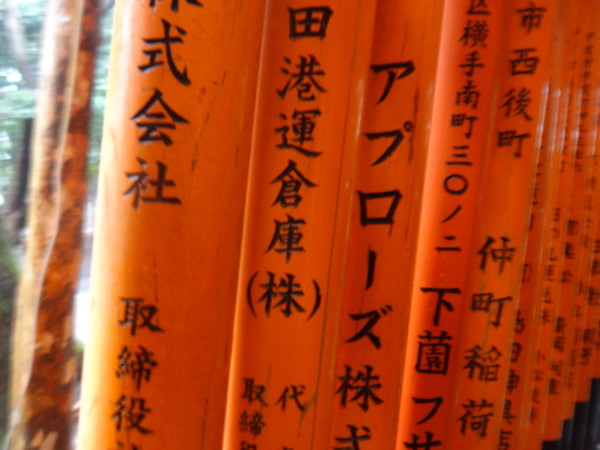
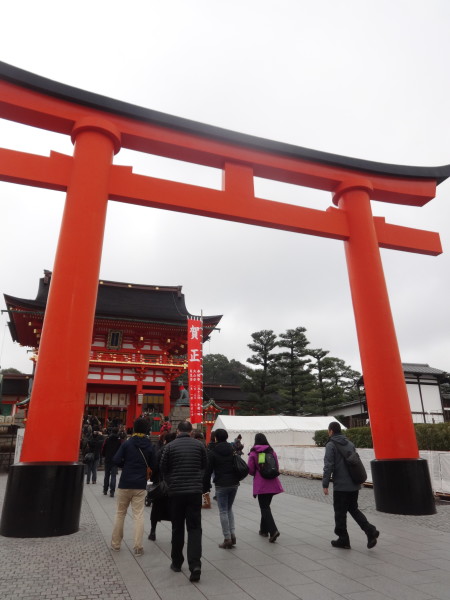
 Back in January, I had blogged about the co-founders of the mobile dating app company Coffee Meets Bagel,
Back in January, I had blogged about the co-founders of the mobile dating app company Coffee Meets Bagel, 